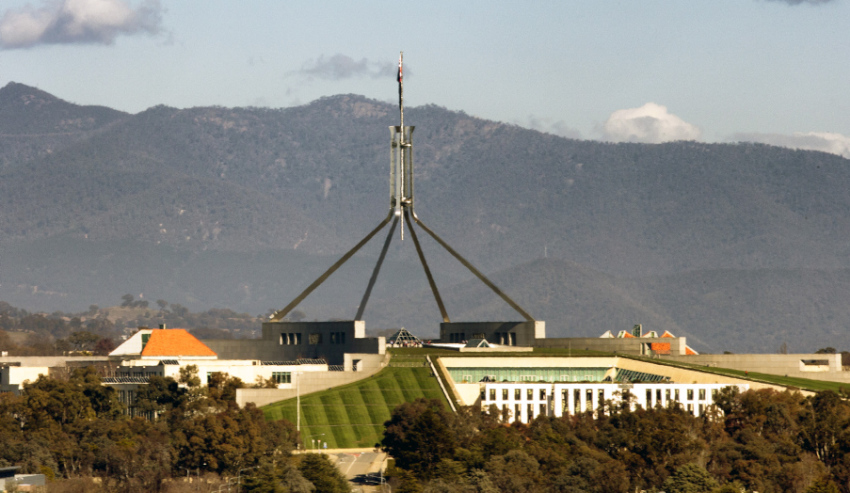As the federal government continues to creep towards the magical 2 per cent mark for defence spending, former defence minister Dr Brendan Nelson, AO, has reminded the country that regardless of the see-sawing in GDP percentages, the way defence has been addressed by Parliament has shifted dramatically in the past two decades.
To continue reading the rest of this article, please log in.
Create free account to get unlimited news articles and more!
Speaking on the Defence Connect podcast, Dr Nelson revealed that he was surprised to be offered the position of minister of defence by prime minister at the time John Howard.
"When John Howard rang me in late January 2006, I was on the last day of my two weeks' annual leave. I was education minister. I was emptying the catcher in my lawnmower and my phone rang and I answered it," Dr Nelson said.
"And John Howard asked me if I would be the minister of defence. If he had said to me in that conversation, 'Brendan, can you have a look at the F-35 and tell me if you think it's the right platform for the country?' I would have had no idea what he was talking about. I know in saying that, that will confirm the worst fears of the people listening to this podcast."
However, Dr Nelson said that despite it being the "hardest job that [he has] ever had", the current director of the Australian War Memorial considers himself privileged to have filled the role for two years, and noted the way that the position has evolved in the past 20 years.
How do you think that role has changed as a defence minister today, looking back on your tenure, considering the way the world's changing and the nature of the way in which Australians are being deployed or operationally deployed is changing? Do you think it's very much the same job?
Your job is not to be an expert. Your job is to apply judgement. And in the two years that I was privileged to do it, it remains to this day the hardest job that I have ever had. Opposition leader out of government was harder in different, less important ways. But then we had 10 operations, 10 deployments, four of them big. East Timor, Solomon Islands, Iraq, Afghanistan. We had the politics around them, particularly in relation to Iraq.
We were spending serious amounts of money purchasing material with all of the complexity that's involved with that. And in my day also, I didn't have a defence industry minister, so I had to deal with those issues as well and engage the defence industry sector, and then, of course the overall Department of Defence itself. And it was seriously grinding. It would be pathetically trivialising for me to try and make any judgement about how the job has changed.
I'd like to think that Defence today from the reforms that have been undertaken through successive ministers and governments, that it serves our minister today even better than it did. I also obviously observe you have a Defence Minister and a Defence Industry Minister.
And I know there were critics of that when the decision was made to split the portfolio in that way. From the outside, or at least on the periphery of it in my current role, it seems to work quite well. I think it depends a lot on the personalities that actually fill those positions.
But at this stage, we do have men and women deployed throughout the world, of course, peacekeeping and other operations and other things we don't actually know about that they're doing. But it's not quite as intense as it was through that period from 1999 with East Timor through to the end of the 2010 decade.
I did say in my time that I regarded defence industry as an essential part of our capability.
And I think it's also fair to say that that was not the reality that people in defence industry were experiencing. But my observation today is that our government very much, and the Department of Defence itself, sees defence industry as an essential part of our capability. And then, of course, it has a very important economic multiplier domestically.
You can listen to the whole podcast here.

 Login
Login







